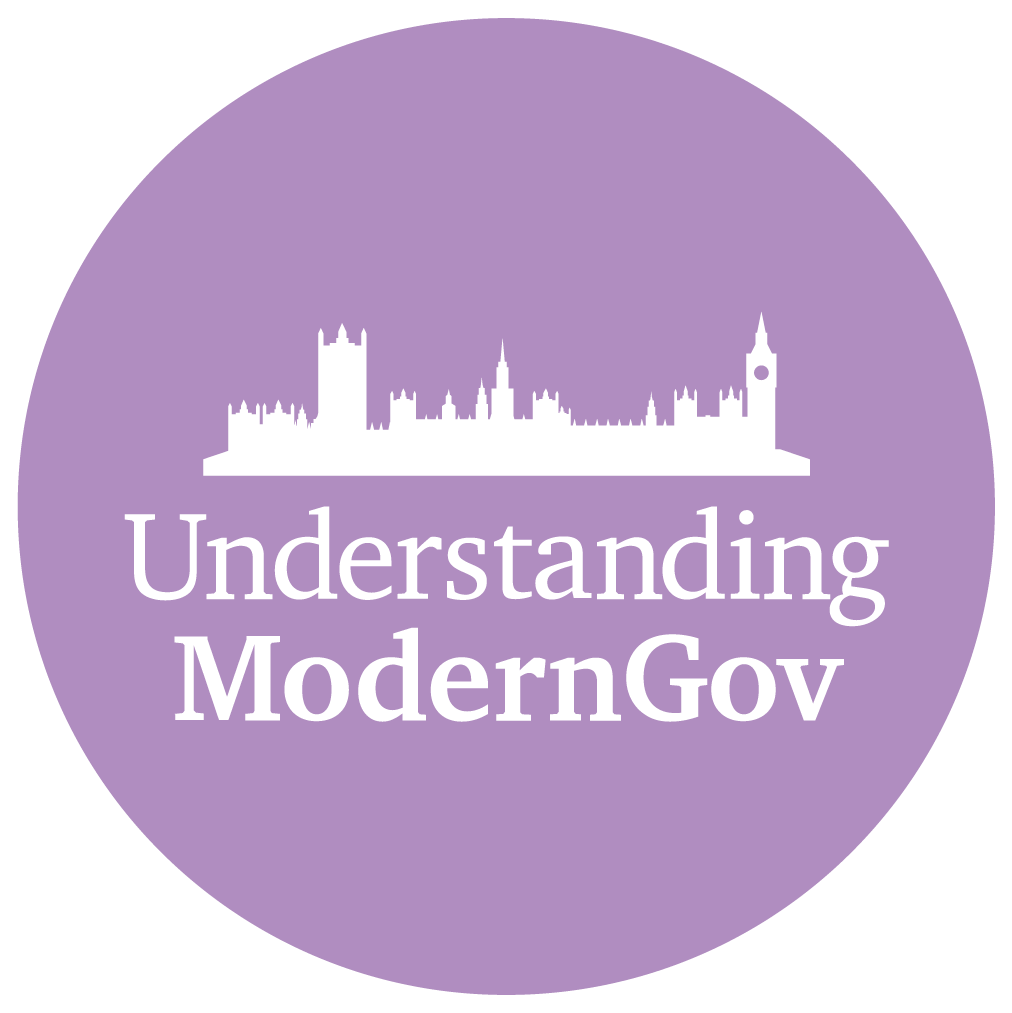
COURSES > ANALYTICS
Predictive Modeling and Analytics
Tap Into Your Data Potential to Make your Organisation More Efficient
Chaired by
Robert Grant
Sorry, we don’t currently have any dates available
Please register your interest using the link and our team will do our best to offer you a solution.
Overview
Predictive modelling is a statistical technique used to predict and forecast likely outcomes that impact your organisation, based on historical data.
By using the right predictive modelling techniques for your needs, you can use your data to mitigate against potential risk, identify areas of improvement and enhance the overall performance of your organisation.
Our Predictive Modelling and Analytics course is designed to give you the skills to prepare you for using predictive modelling effectively within your organisation.
Using the free R software, you’ll get hands-on experience of the decisions and coding required to launch and improve predictive models. Understand the concepts, processes and applications of predictive modelling, with a focus on a statistical (regression) and machine learning approach (decision trees and random forests).
All delegates will be asked to download the latest version of R.
Trainer, Coach and Writer on Statistics
Mike is Professor of Business Performance and Director of the Centre for Business Performance at Cranfield University.
Before his academic career, Mike spent 15 years in business. He gained his PhD from the University of Cambridge in 2001, researching the design and implementation of balanced performance measurement systems. He has spent the last fifteen years working with companies and quasi-public sector organisations supporting senior management teams through the process of clarifying and executing their strategy and designing and using their measurement systems.
He has authored over 100 publications, and is co-author of several books including The ...
Robert Grant
Learning Outcomes
Understand the concepts, processes, and applications of predictive modelling
Explore different types of data with different relationships, and how they can be modelled
Use the free R software to prepare data for predictive modelling and visualise the outputs
Learn about the widely applicable methods: linear regression, logistic regression, decision trees and random forests
All the Understanding ModernGov courses are Continuing Professional Development (CPD) certified,
with signed certificates available upon request for event.
Enquire About In-House Training
To speak to someone about a bespoke training programme, please contact us:
0800 542 9414
InHouse@moderngov.com
Agenda
09:25 - 09:30 Registration
09:30 - 10:00 Trainer’s Welcome and Clarification of Learning Objectives
In each workshop session, you will encounter a real-life public sector dataset. The trainer will guide you through the data, exploring and learning how to think critically about how to manipulate and model it.
Workshop 1 focusses on R and preparing data, workshops 2 and 3 on statistical models, workshop 4 on machine learning models, and workshop 5 on implementing a predictive model within the organisation, including time for discussion specific to attendees’ settings.
10:00 - 11:00 Workshop 1: Basics of R and Preparing Data for Predictive Modelling
Using R on Windows or Mac: installation and basics of the language
Loading and manipulating data using the Tidyverse packages for R
Examining data visually using the ggplot2 package in R
Proposing and justifying a predictive model
11:00 - 11:15 Morning Break
11:15 - 12:00 Workshop 2: Linear Regression
Understand how regression models are made up of three key assumptions about the data
Use R code to fit a linear regression model to the data
Gain confidence in interpreting the outputs
Visualise the model and compare it critically to the data
Identify problems in the data that may undermine a predictive model
Extend linear regression into more than one predictor variable
12:00 - 13:00 Workshop 3: LASSO and Logistic Regression
Use the LASSO algorithm to select predictor variables from a large collection
Extend linear regression into predicting binary variables with logistic regression using R
Interpret and visualise the results
Communicate risk effectively to non-technical audiences
Understand how linear and logistic regression are specific instances of generalised linear models (GLMs)
13:00 - 13:45 Lunch
13:45 - 14:00 Reflection Session
Trainer will review the day’s learning and the next stages of the course
Delegates will have time to ask questions and share views with one another
14:00 - 15:00 Workshop 4: Decision Trees and Random Forests
Use R to fit a decision tree to data
Understand the choices in using decision and regression trees, such as pruning
Compare different ways of communicating the predictions
Extend into an averaged prediction across an ensemble of models: random forest
Know the differences between statistical and machine learning models, and their pros and cons
15:00 - 15:15 Afternoon Break
15:15 - 16:00 Workshop 5: Embed Predictive Modelling within an Organisation
Identify your key service delivery objectives and map these to predictive model strengths and weaknesses
Understand how predictive models can be validated and revised on an ongoing basis
Discuss enablers and barriers within a variety of public sector organisations
Examine different approaches to embedding the data analytic workforce
16:00 - 16:15 Feedback, Evaluation & Close
Become Part of the Understanding ModernGov Community


